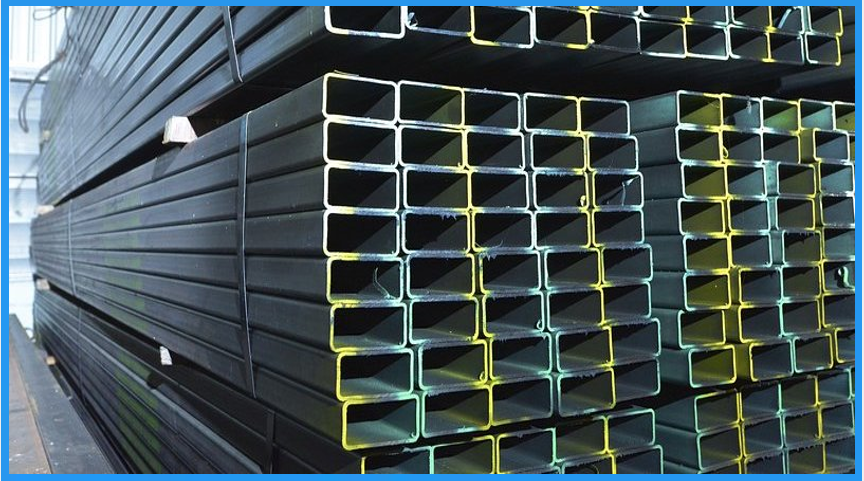In a rare emergency session, the UK government has assumed effective control of British Steel’s Scunthorpe plant—Britain’s last facility capable of producing steel from scratch—amid rising concerns over national security, economic stability, and industrial self-reliance.
On April 12, Parliament passed the Steel Industry (Special Measures) Act 2025, empowering Business Secretary Jonathan Reynolds to direct operations at the blast furnace site, secure raw materials, and ensure the company’s 3,000 employees are paid. The move came after the plant’s Chinese owner, Jingye Group, signaled plans to shut down the furnaces, citing £700,000 in daily losses.
“We could not, will not, and never will stand idly by while heat seeps from the UK’s remaining blast furnaces,” Reynolds told lawmakers.
Prime Minister Keir Starmer called the emergency Saturday sitting—only the sixth since World War II—to prevent what would have been a historic loss. Without state intervention, Britain would have become the only G7 nation without the ability to produce primary (virgin) steel, undermining sectors such as defense, construction, and transportation.
Starmer traveled to Scunthorpe after the vote to reassure workers:
“You and your colleagues have been the backbone of British Steel. It’s your jobs, your lives, your communities, your families,” he told employees at the site.
The town, with a 150-year history of steelmaking, erupted in applause during a football match at Scunthorpe United’s Attis Arena as dozens of steelworkers were cheered on by fans.
Jingye, which acquired British Steel in 2020, had canceled orders for essential materials such as iron pellets and coking coal. Restarting a blast furnace after shutdown is not only technically complex but also prohibitively costly.
The new law does not nationalize the company but enables the government to overrule corporate decisions that threaten vital infrastructure. If Jingye fails to comply, further legal action or asset seizure remains on the table.
The intervention follows months of deadlocked negotiations with Jingye, which Reynolds accused of making “excessive” demands. The Chinese firm’s future role in day-to-day operations remains uncertain.
Beyond the immediate crisis, the government’s move signals a broader shift in its approach to strategic industries and foreign ownership. Following U.S. President Donald Trump’s reimposition of 25% tariffs on imported steel, the UK is now under pressure to protect its industrial base from both global market volatility and geopolitical risk.
“This is not just about Scunthorpe. It’s about Britain’s place in the world as a sovereign industrial power,” said one parliamentary source close to the emergency legislation.
Sources:
- UK Parliament Hansard | April 12, 2025
- BBC News | Steelworkers march to save Scunthorpe plant
- Reuters | China no longer welcome in UK steel sector, minister says
- AP | UK sets ‘high trust bar’ for Chinese investment
- The Australian | British Steel workers block Chinese execs from site



